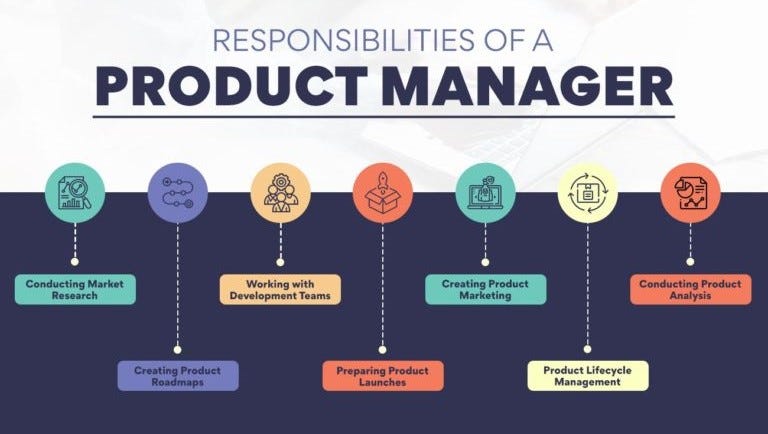Product management is a vital discipline in today’s competitive business landscape, serving as the backbone for successful product development and strategy. This comprehensive approach involves the entire lifecycle of a product, from conception and design to market launch and continuous improvement. As companies strive to meet the evolving needs of consumers, effective product management ensures that products are not only innovative but also aligned with business objectives. In this article, we delve into the intricate world of product management, highlighting its significance, core responsibilities, and the essential skills required to thrive in this dynamic field.
The Role of a Product Manager
A product manager (PM) serves as the central figure in the product development process, acting as a liaison between various departments. They are responsible for understanding customer needs, defining the product vision, and ensuring that the product aligns with the overarching goals of the organization. This role is multifaceted, requiring a deep understanding of the market, the ability to collaborate effectively with cross-functional teams, and a keen focus on delivering value to customers.
Market Research and Analysis
Market research is the cornerstone of effective product management. It involves gathering and analyzing data on customer preferences, competitor activities, and industry trends. Product managers leverage this information to identify opportunities for innovation and differentiation. By understanding the competitive landscape and the evolving needs of consumers, product managers can make informed decisions regarding product features, positioning, and marketing strategies. This data-driven approach not only minimizes risks but also enhances the likelihood of product success.
Product Strategy Development
Once market insights are gathered, product managers move on to developing a comprehensive product strategy. This involves defining the product’s value proposition, target audience, and unique selling points. A well-articulated strategy serves as a guiding framework, ensuring that all stakeholders understand the product’s purpose and direction. It aligns the efforts of various teams and establishes clear goals for development, marketing, and sales. A robust product strategy is essential for maintaining focus and coherence throughout the product lifecycle.
Collaboration with Cross-Functional Teams
Collaboration is key to successful product management. Product managers must work closely with engineering, design, marketing, and sales teams to ensure that everyone is aligned and working towards the same objectives. Effective communication is critical in this regard, as it helps to facilitate cooperation and address potential conflicts. By fostering an environment of open dialogue and teamwork, product managers can harness the strengths of diverse teams to drive innovation and achieve common goals.
Prioritization and Roadmapping
In a resource-constrained environment, prioritization becomes a crucial skill for product managers. They must evaluate various product features and initiatives, determining which ones will deliver the most value to customers and the business. Creating a product roadmap is an essential part of this process, as it outlines the timeline for development and key milestones. A well-structured roadmap helps to manage expectations, align resources, and keep the team focused on delivering results. By prioritizing effectively, product managers can ensure that their teams are working on the most impactful initiatives.
Monitoring and Iteration
The role of a product manager extends beyond the initial product launch. After a product is introduced to the market, ongoing monitoring and evaluation are necessary to ensure its success. Product managers gather user feedback, analyze performance metrics, and identify areas for improvement. This iterative approach allows them to make data-informed decisions, adapt to changing market conditions, and enhance the product’s value over time. By continuously refining the product based on real-world feedback, product managers can drive customer satisfaction and loyalty.
Conclusion
In conclusion, product management is a multifaceted discipline that plays a crucial role in driving product success. By understanding market dynamics, developing a clear product strategy, fostering collaboration, prioritizing effectively, and embracing an iterative approach, product managers can ensure that their products not only meet customer needs but also achieve strategic business objectives. As the market continues to evolve, the importance of effective product management will only grow, making it an essential component of any successful organization.









+ There are no comments
Add yours